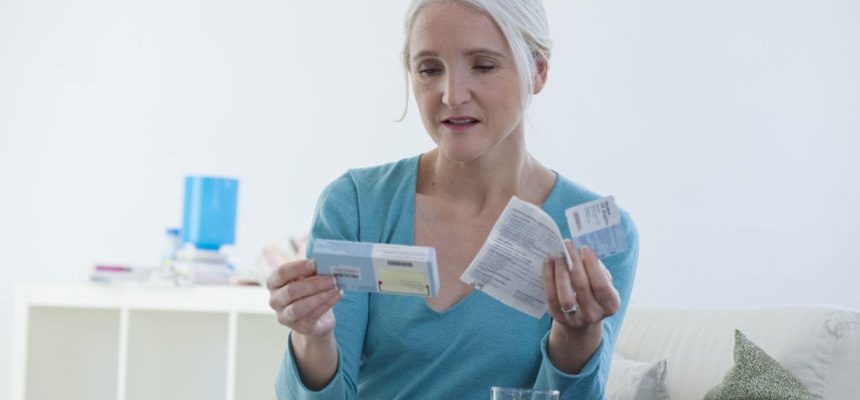Menopause is the natural state of the body of a woman who has reached 45-50 years. This hormonal restructuring of the body negatively affects not only the physiological state of the body but also the nervous system. A woman often has symptoms of depression during menopause: mood swings, reluctance to do anything, increased irritability, and tearfulness. Not everyone can cope with them on their own, but only a doctor can prescribe antidepressants for menopause depression treatment.
Causes of depression during menopause
- Hormonal. During menopause, the levels of estrogen and serotonin (the hormone of happiness) decrease. This leads to a change in mood, increased irritability, tearfulness.
- Physiological. Due to age-related changes, a woman has hot flashes, pressure surges, dizziness, night sweats increase, and insomnia.
- Psychological. A woman begins to realize that her body is changing, it is aging, and her performance is declining. Also, there is a feeling of uselessness to surrounding people, relatives.
- A large number of phobias that have appeared contribute to the development of depression after menopause.
Types of depression during menopause
The following types of depression are distinguished:
- Menopausal. It occurs in 40-50 years. The disease develops due to hormonal changes. A woman often has mood changes, she becomes more irritable, and tearful. There is a decrease in libido, sleep and appetite are disturbed, apathy appears. Menopause depression treatment should be carried out carefully and on time.
- Endogenous. The causes of this condition are considered age-related changes, as well as chronic diseases of the internal organs. The symptoms of depression after menopause are severe. A woman is diagnosed with a negative attitude not only to the future but also to the past.
- Involutional. The patient exaggerates the seriousness of her condition, focuses on this. It comes after the completion of hormonal adjustment. Previous interests are lost. The danger of this type of depression after menopause is that suicidal thoughts become very common, but there is also a panic fear of death. Menopause depression treatment is a must.
- Reactive. It is characterized by rapid development. A woman has a decrease in self-esteem, the appearance of feelings of remorse, guilt. She loses weight, has sleep disorders, problems with the functionality of the gastrointestinal tract. In parallel with depression, hypochondria develops. A woman definitely ought to have a menopause depression treatment.
Menopause and depression do not always exist in parallel. In most women, it is possible to cope with pathology without the use of specific medications.
Symptoms of depression in menopause
This diagnosis should be made only by a doctor. It is necessary to consult a specialist if you have symptoms such as:
- the feeling of depression, uselessness, inferiority, unreasonable anxiety;
- the appearance of drowsiness, apathy, skepticism about the future, low self-esteem;
- lack of desire to do something, joy;
- sudden changes in pressure, mood, increased irritability;
- the appearance of a negative reaction to external factors: light, noise.
Depression menopause is manifested by a violation of sleep and the gastrointestinal tract, increased thirst, headache, and dizziness. In a woman, tearfulness alternates with outbreaks of aggression. In the presence of such symptoms, you need to undergo a comprehensive examination, including consultations with a therapist, gynecologist, endocrinologist, cardiologist, neuropathologist and psychotherapist to take full menopause depression treatment.


